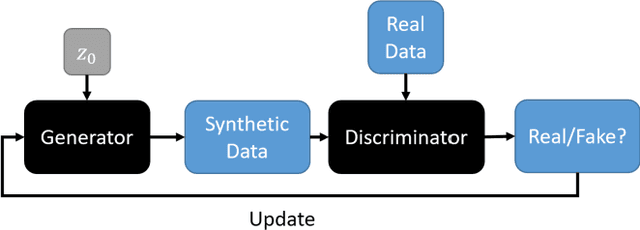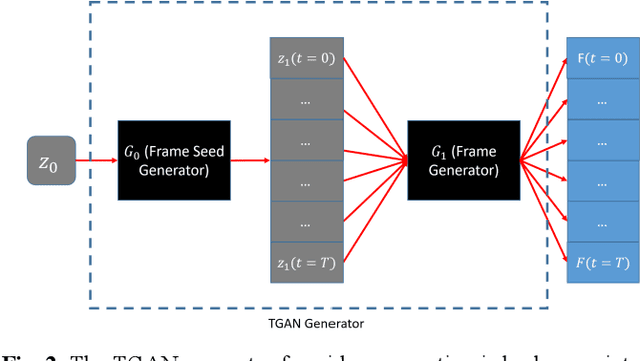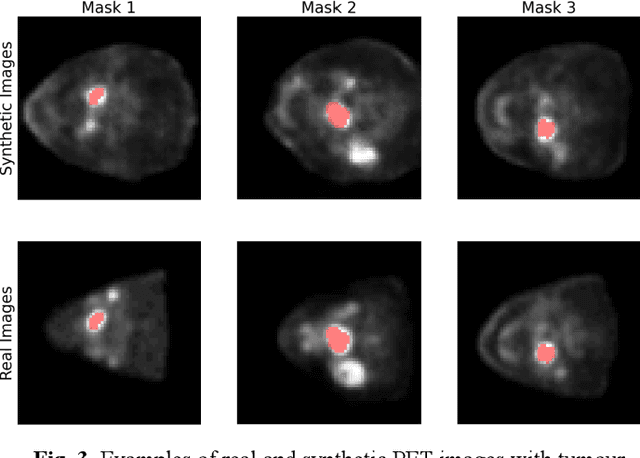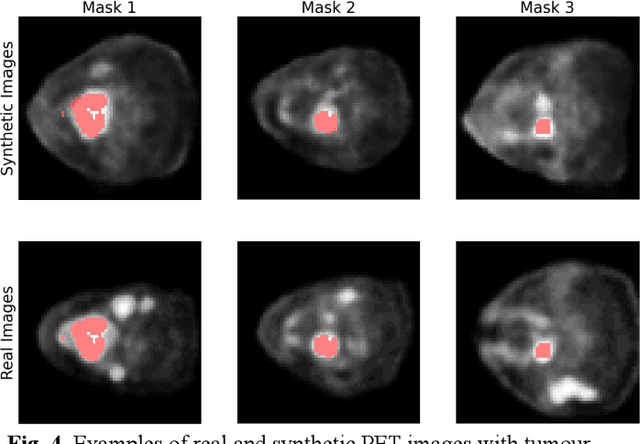Assessing Privacy Leakage in Synthetic 3-D PET Imaging using Transversal GAN
Paper and Code
Jun 13, 2022



Training computer-vision related algorithms on medical images for disease diagnosis or image segmentation is difficult in large part due to privacy concerns. For this reason, generative image models are highly sought after to facilitate data sharing. However, 3-D generative models are understudied, and investigation of their privacy leakage is needed. We introduce our 3-D generative model, Transversal GAN (TrGAN), using head & neck PET images which are conditioned on tumour masks as a case study. We define quantitative measures of image fidelity, utility and privacy for our model. These metrics are evaluated in the course of training to identify ideal fidelity, utility and privacy trade-offs and establish the relationships between these parameters. We show that the discriminator of the TrGAN is vulnerable to attack, and that an attacker can identify which samples were used in training with almost perfect accuracy (AUC = 0.99). We also show that an attacker with access to only the generator cannot reliably classify whether a sample had been used for training (AUC = 0.51). This suggests that TrGAN generators, but not discriminators, may be used for sharing synthetic 3-D PET data with minimal privacy risk while maintaining good utility and fidelity.
 Add to Chrome
Add to Chrome Add to Firefox
Add to Firefox Add to Edge
Add to Edge